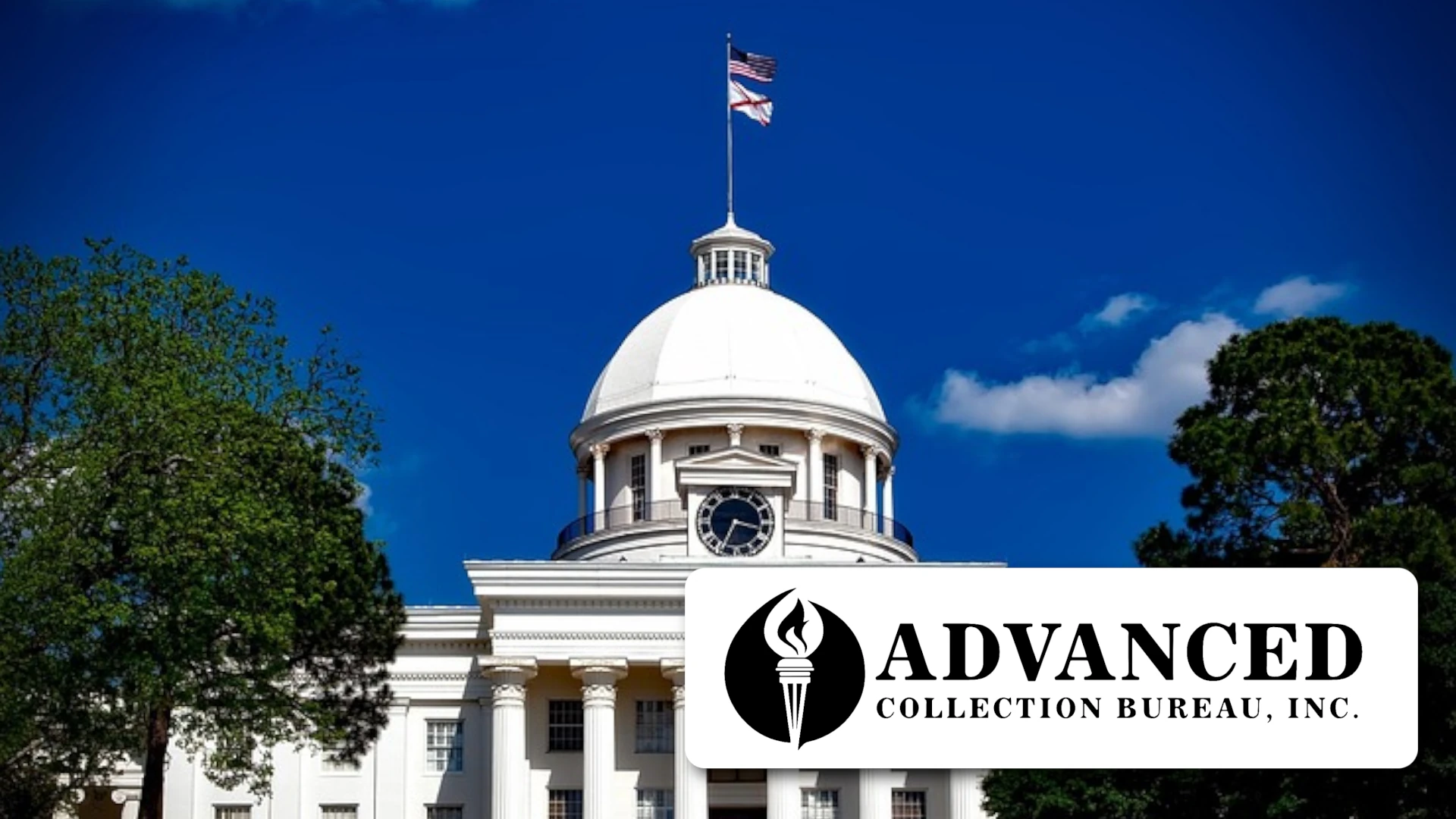Receiving a debt collection notice can feel alarming—especially if the debt in question doesn’t look familiar or appears to be inaccurate. Fortunately, you’re not powerless in this situation. If something about the claim seems off, it’s your legal right to dispute the debt. But knowing how to dispute debt collection effectively can be the difference between resolving the issue quickly or having it linger on your credit report.
Whether you're a consumer facing an erroneous claim or a business owner trying to understand what your clients might go through, this guide offers clarity on how the process works, what steps to take, and how agencies like Advanced Collection Bureau (ACB) handle disputes professionally.
Why You Might Need to Dispute a Debt
There are several reasons someone may choose to dispute a debt collection claim:
- The debt was already paid.
- The amount is incorrect.
- It belongs to someone else due to mistaken identity or identity theft.
- The debt is too old and may fall outside the statute of limitations.
- You need more information to verify the debt.
Errors happen, but that doesn’t mean you should be stuck with the consequences. Disputing early and correctly helps protect your credit and ensures collectors are held accountable.
For a deeper dive into consumer rights, see Fair Debt Collection Act: Your Rights Explained.
Step-by-Step: How to Dispute Debt Collection
If you decide to dispute a debt, timing is critical. Under the Fair Debt Collection Practices Act (FDCPA), you have 30 days from the date you receive the first collection letter to send a written dispute.
Step 1: Review the Collection Notice Carefully
Look at the amount, creditor, and any account information included. If you believe there’s an error, prepare to dispute it in writing.
Step 2: Write a Dispute Letter
Your letter should include your contact information, a statement that you are disputing the debt, and a request for verification. You do not need to explain why unless you choose to. Keep it clear and concise.
Step 3: Send It Certified Mail
Always send your letter by certified mail with a return receipt. This provides proof that your dispute was received.
Step 4: Wait for Verification
The collection agency must stop collection efforts until it provides verification of the debt. If they can’t, they must cease pursuing the claim.
To explore how agencies handle disputes with professionalism, check out How to Handle Disputes and Complaints in the Debt Collection Process.
What Debt Collectors Are Required to Do
Once a dispute is filed, the debt collector is legally obligated to:
- Cease all collection activity until verification is provided.
- Supply documentation proving the debt’s validity (such as the original creditor’s statement).
- Refrain from reporting the disputed debt to credit bureaus without noting that it is being disputed.
Failure to follow these rules can result in legal penalties. That’s why reputable agencies like ACB prioritize compliance and accuracy from the beginning.
For an overview of common compliance pitfalls, visit Debt Collection and the Fair Debt Collection Practices Act: Avoiding Pitfalls.
If the Debt Is Verified and Still Wrong
Even after a collector responds, you may still believe the debt is incorrect. In that case, you can file a dispute with the credit bureaus directly and even submit a complaint to the Consumer Financial Protection Bureau (CFPB).
Make sure to gather supporting documents, such as proof of payment or identity theft reports, to back up your claim.
More on protecting your credit and data can be found here: Debt Collection and Cybersecurity: Protecting Sensitive Data
ACB’s Approach to Fair and Transparent Debt Collection
At Advanced Collection Bureau, we understand that not all debts are straightforward. That's why we handle every account with professionalism, transparency, and care. Our dispute resolution process is fast, compliant, and designed to ensure fairness to all parties involved.
We provide full documentation upon request and halt collection activity immediately upon receiving a dispute. Our team is trained to respond respectfully and with clear communication, making a challenging process a bit easier for everyone.
Conclusion: Don’t Ignore It—Dispute It the Right Way
Ignoring a collection claim doesn’t make it go away—it can make things worse. But disputing a debt properly protects your rights and keeps your credit history accurate.
Whether you’re a consumer facing an unfamiliar claim or a business that wants to understand your clients’ protections, knowing how to dispute debt collection is essential.
And if you’re a business owner or property manager who wants to partner with a collection agency that puts compliance and customer care first, we’re here to help. Work with ACB today.














